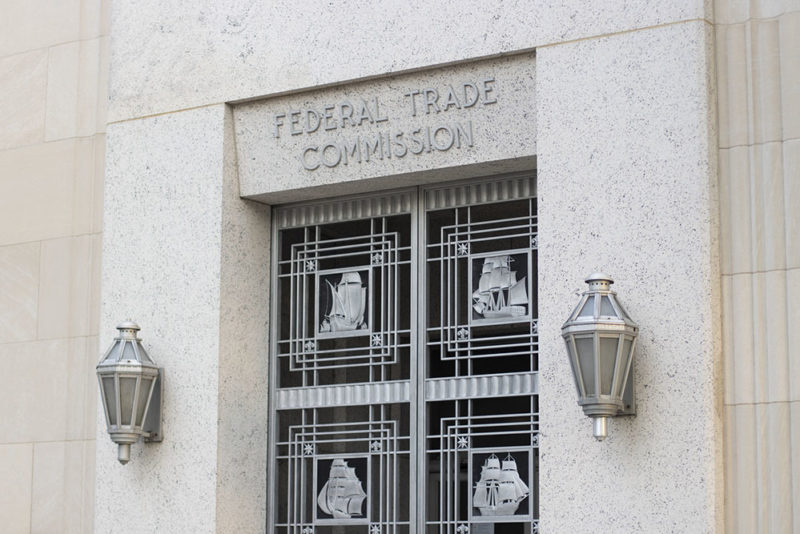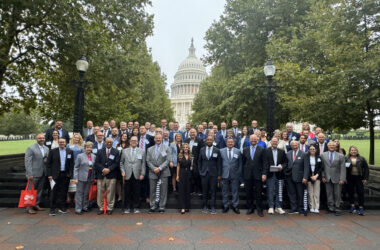The Federal Trade Commission Thursday proposed a rule to ban employers from imposing noncompetes on their workers.
The agency estimates the rule could increase wages by nearly $300 billion per year and expand career opportunities for about 30 million Americans.
The FTC is seeking public comment on the proposed rule, which is based on a preliminary finding that noncompetes constitute an unfair method of competition and therefore violate Section 5 of the Federal Trade Commission Act.
“The freedom to change jobs is core to economic liberty and to a competitive, thriving economy,” said FTC Chair Lina M. Khan in a press release. “Noncompetes block workers from freely switching jobs, depriving them of higher wages and better working conditions, and depriving businesses of a talent pool that they need to build and expand. By ending this practice, the FTC’s proposed rule would promote greater dynamism, innovation, and healthy competition.”
Companies use noncompetes for workers across industries and job levels.
“Research shows that employers’ use of noncompetes to restrict workers’ mobility significantly suppresses workers’ wages—even for those not subject to noncompetes, or subject to noncompetes that are unenforceable under state law,” said Elizabeth Wilkins, Director of the Office of Policy Planning. “The proposed rule would ensure that employers can’t exploit their outsized bargaining power to limit workers’ opportunities and stifle competition.”
The FTC’s proposed rule would generally prohibit employers from using noncompete clauses. It would also apply to independent contractors and anyone who works for an employer.
Employers would be required to rescind existing noncompetes.
The Commission voted 3-1 to publish the Notice of Proposed Rulemaking, which is the first step in the FTC’s rulemaking process. Commissioner Christine S. Wilson cast the dissenting vote.
“The proposed Non-Compete Clause Rule represents a radical departure from hundreds of years of legal precedent that employs a fact-specific inquiry into whether a non-compete clause is unreasonable in duration and scope, given the business justification for the restriction,” Wilson said.
“And one study illustrates clearly, in the financial services sector, the negative unintended consequences of suspending non-compete provisions, including higher fees and broker misconduct. The suspension of non-competes across all industry sectors in the U.S. undoubtedly will impose a much larger raft of unintended consequences.”
Public comments on the proposed rule are due within 60 days. The FTC will review the comments and may make changes, in a final rule, based on the comments and on the FTC’s further analysis of this issue.









